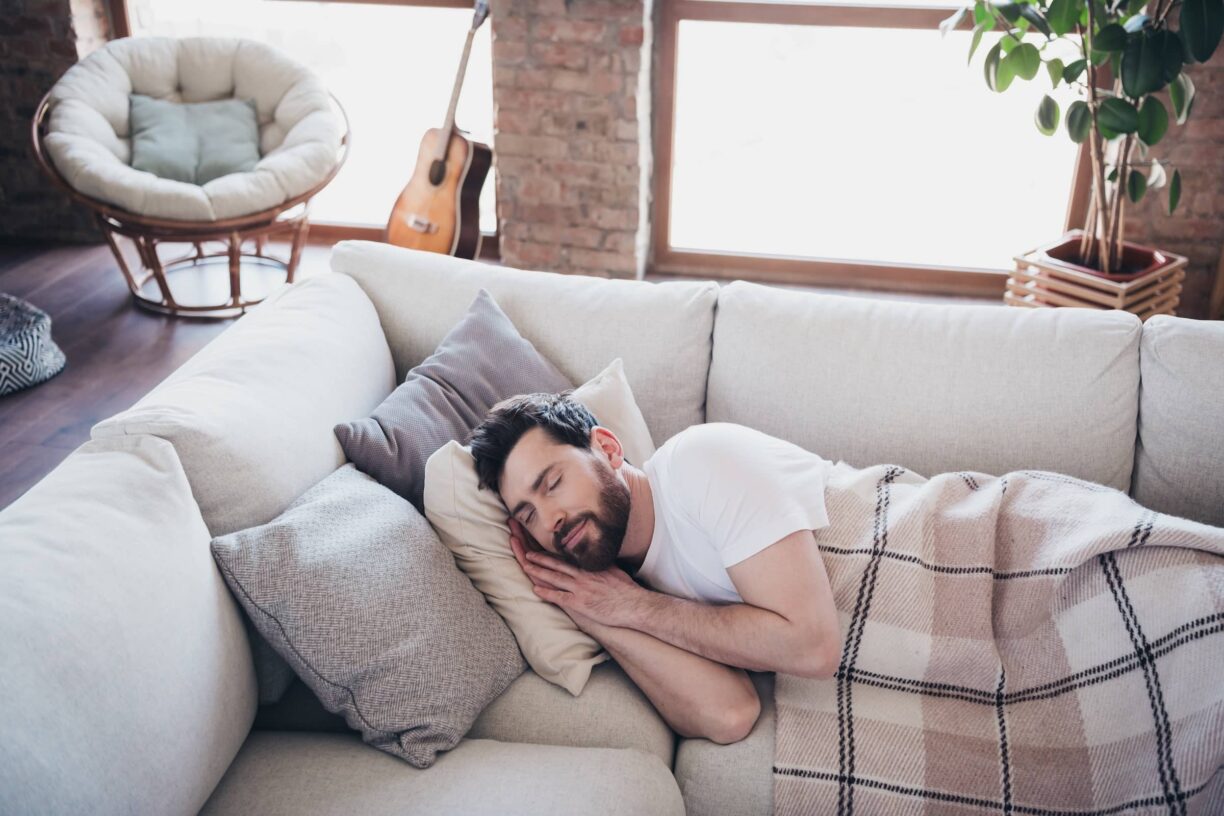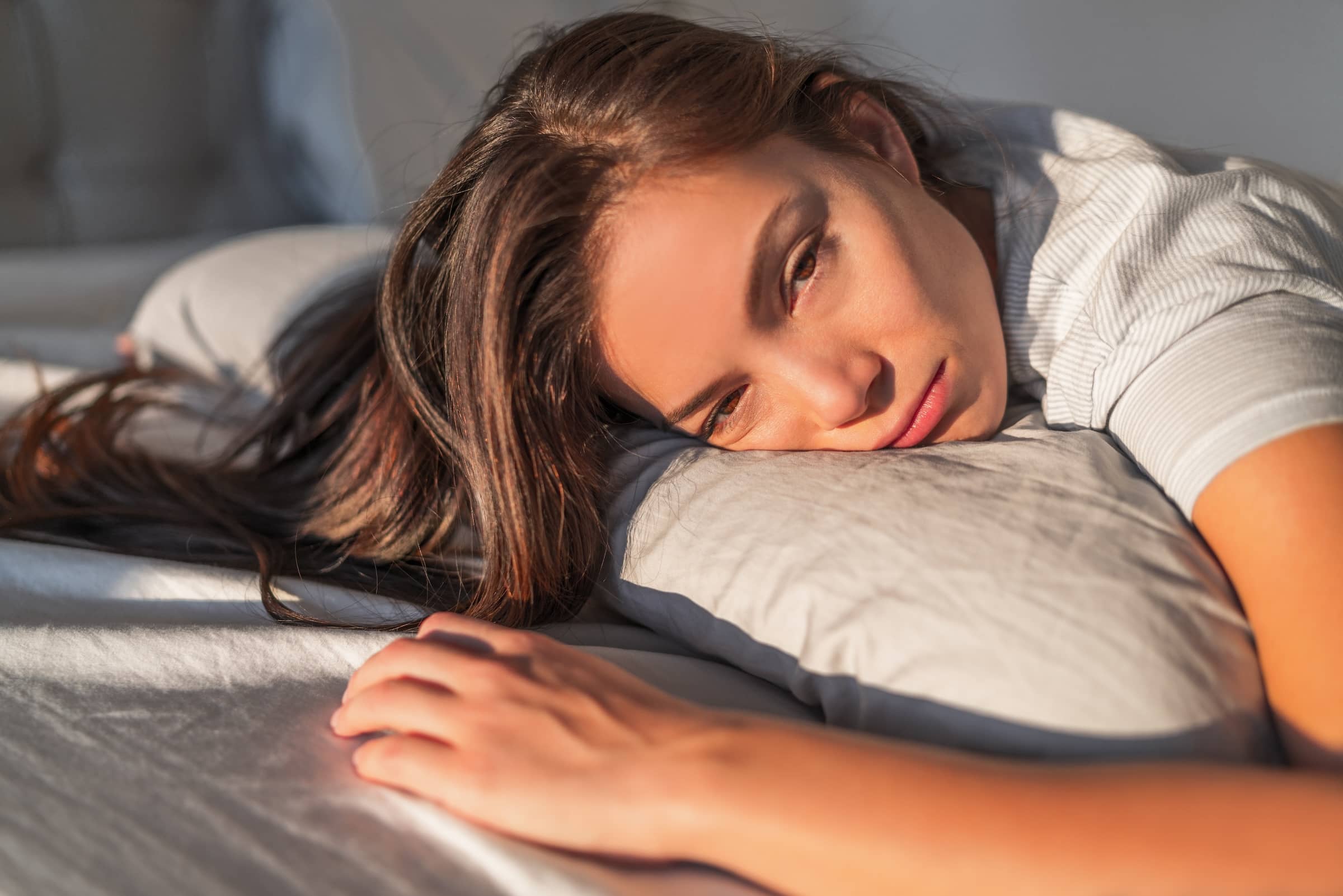In the last few years, many people around the world have been having issues with their sleep. Recent reports have shown that in the UK, at least 37% of adults experience insomnia and an estimated 2.5 million individuals live with obstructive sleep apnoea hypopnoea syndrome (OASHS). Actually, the latter has been increasing at a tremendous rate considering that there is a big ageing population and a prevalent obesity pandemic.
The worst thing is that many of these individuals are undiagnosed, something that might cause significant problems.
Currently, many people are going for prescriptions that can help them deal with these conditions quickly, or at least for a particular time. For instance, you can buy zopiclone UK for short-term treatment for severe insomnia to help you sleep quickly.
However, apart from just going for a prescription, medical experts have determined a number of ways that you can work around to take control of sleep disorders and insomnia.
But before we can even get to how to deal with these conditions, let’s first understand what is making the rate of these conditions really go up.
The causes of sleep disorders

There are a number of reasons that many people today have sleep problems. Can you imagine that studies reveal that in the US, more than one-third of the total population sleep less than 7 hours in a 24-hour period!
Additionally, statistics show around 62% of adults globally say that they sleep somewhat well or not well at all. But, what causes all this?
The most common causes of sleeping disorders include:
- Stress, depression or anxiety
- Allergies and respiratory problems
- Bad sleeping habits
- Genetic risk factors
- Anatomy
Now, with all these factors in play, we can try to focus on some of the things, apart from a prescription like Zopiclone, that medical practitioners and experts are suggesting to help reduce these problems.
Regular exercise
One of the most efficient remedies for sleeping disorders and insomnia is having regular daily exercise. The issue that comes when you mention exercises is that people immediately start thinking of going to the gym or paying for overpriced yoga lessons. However, exercising can be as simple as intentional walking for 30 minutes a day.
You see, in the current world, people are always moving in vehicles whenever they go somewhere, even if it’s just down to the market.
Others, because of convenience, do not go to the market, but they just order food and it’s brought to their doorstep. For this reason, obesity cases have been increasing at an alarming rate.
However, just walking alone, you burn up to 200 calories for a 30-minute walk. Now, imagine the amount of calories you can burn by jogging or even cycling.
But how else do exercises help with better sleep? For one, regular physical activity, especially in the morning, can help to sync your internal clock, which makes it easier to sleep at night. This is because exercising regulates the release of melatonin (the hormone responsible for sleep-wake cycles).
The other reason is that moderate activities like jogging or brisk walking can help increase the time you spend in deep sleep. This is the sleep stage where your body repairs and rejuvenates.
Watch your diet
What you eat directly impacts the quality of your sleep. Healthy eating is advantageous, but make sure that you are not eating big meals just before you go to bed.
This also goes for alcohol and caffeinated beverages. Ensure that you are not taking caffeine after mid-afternoon and do not take alcohol after dinner.
If food is your biggest cause of insomnia, then a good remedy would be to take warm milk or herbal tea before bedtime. These beverages have been proven to affect the brain in such a way that it becomes easier to fall asleep.
Monitor your job, commute and work environment
In a recent study by the American Academy of Sleep Medicine, stress can result in adjustment insomnia, a condition that affects at least 20% of people in the US every year.
Another study by the Australian Institute of Health and Welfare revealed that at least 70% of people who report finishing tasks related to their job within the hour they go to bed a few nights during the week mentioned having at least 2 or more sleep problems.
Working is one of the biggest stressors for people, and if you do not learn how to separate your work life and personal life, you might end up ruining your health. Now, when you are working, ask yourself a few questions:
- Should you be answering emails or your work phone outside working hours?
- Do you like or hate commuting to work? Stats show that at least 15% of UK residents claim that having to commute for shorter distances help them get the right amount of sleep.
- Do you need to work from the same place or can you change environments?
- Does your work environment regularly make you feel stressed?
As you answer these questions, you can find the right kind of environment that is suitable for you and ensure that you are not bringing your world stress home. The more you do that, the more you realise that you can now sleep more comfortably.
Final Thoughts: Wrapping up
It is important that you watch your sleep life as it is a vital part of your general well being. If you are not sleeping well enough, ensure to consult a specialist to help you understand how well you can deal with your condition.
They may ask you to use a prescription like Zopiclone, or change your lifestyle as a whole. In any case, your sleep is vital for your health.
Key Takeaways
1. Many People Have Sleep Problems – But Help Is Available
In the UK, millions of people struggle with insomnia or sleep conditions like sleep apnoea, and many don’t even know they have it. Lack of sleep affects your body and mind, so it’s important to get help early.
Some people may need short-term medicine like Zopiclone, but others can improve their sleep by changing daily habits and routines.
2. Exercise, Healthy Eating, and Reducing Stress Can Improve Sleep
You don’t need fancy gym classes to sleep better. Simple daily exercise like walking, helps your body fall asleep faster and stay asleep longer.
Eating light meals at night, avoiding caffeine and alcohol in the evening, and having a calm bedtime routine can also make a big difference. Even a cup of warm milk or herbal tea before bed can help you relax.
3. Your Job and Daily Life Can Affect Your Sleep More Than You Think
Work stress, long commutes, and using devices before bed can keep your mind too busy to rest. If you answer emails late or bring work stress home, it can lead to sleep problems.
Ask yourself if you can set better boundaries between work and rest. Sometimes, changing your environment or work habits can be the key to getting a good night’s sleep.
Disclaimer: The information provided in this article is intended for general informational purposes only and should not be considered as medical advice. If you are experiencing sleep-related issues or disorders, it is important to consult with a healthcare professional for a proper diagnosis and treatment plan. The use of any medication should only be under the guidance of a qualified healthcare provider. Always seek medical advice before making any changes to your sleep routine or lifestyle.





